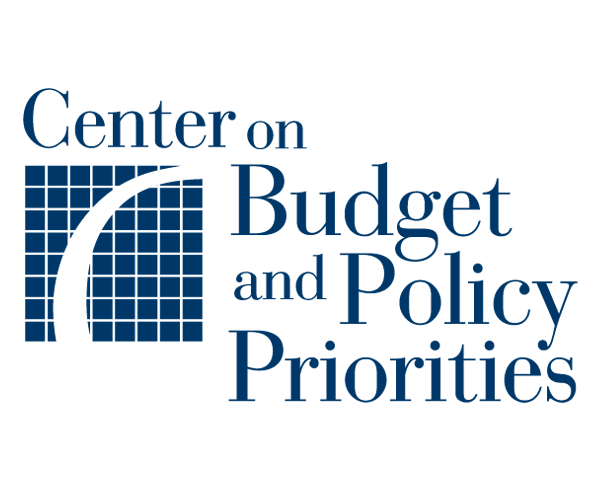
During the COVID-19 pandemic, we have seen how vital it is for Latinos and underprivileged communities to access affordable health coverage. The health and financial stability of the Latino community have been disproportionately impacted by the pandemic and other economic crises.
Furthermore, nearly 11 million low-income Latinos still lack health coverage. More than 600,000 low-income Latinos do not have a pathway to affordable health coverage because they live in one of the 12 states that have not expanded Medicaid. That is called the coverage gap, which puts many lives at risk.
Temporarily enhanced premium tax credits – passed as part of the 2021 American Rescue Plan – made health insurance much more affordable for millions of people in the ACA marketplace. It eliminated or reduced premiums in the ACA marketplace for 2021 and 2022. Nearly 70% of uninsured Latinos qualified for a zero-dollar premium plan, and now 80% qualify for a low-premium plan. However, the expiration of the enhanced credits at the end of the year will generate a premium spike for millions of people.
According to research by the Urban Institute, more than 3 million people are projected to lose coverage and become uninsured in 2023. And millions will choose to keep their plans but have a more challenging time paying for coverage.
If you look at states that have expanded Medicaid under the ACA, you find that those who gained coverage are healthier. The ACA helped improve access to care and health outcomes for Latino children and families by expanding Medicaid to cover poor and low-income adults under 138 percent of the poverty line.
To truly ensure Latinos can get health coverage and achieve the best health possible, policymakers must help Latinos who have low incomes and are uninsured.
Congress must act to prevent sharp health insurance rate hikes and loss of coverage for millions of people by permanently extending the current enhanced ACA premium tax credits and ensuring access to affordable coverage as part of any economic or legislative agreement in the Senate.

Recent Comments